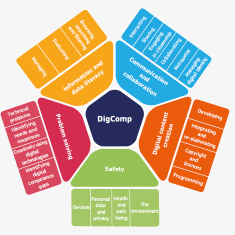ResoLab, a platform to test digital skills

To enable the children who participate in the RésoLab project to acquire or consolidate digital skills through experimentation, the partners have provided them with a "secure" digital platform.
It resembles a real social network and allows children to communicate with a limited number of users (the class or the school depending on the choice of schools) in a closed and secure environment.
How does ResoLab work?
Several categories of users are present on the RésoLab platform
- Students, who are enrolled in a space and can only interact with members of the same space.
- Administrators, who are the only ones authorized to register and delete accounts, are responsible for ensuring that the framework for use of the tool is respected
- The moderators, youth professionals, they accompany young people on a daily basis in case of questions, concerns, ...
- Parents who, even if they do not have access to their child's content, may have statistical data in order to track their child's activity.
- The young moderators can follow a class to solve certain difficulties encountered by the students.
The 300 children registered can therefore publish content, comment and react to a publication, communicate with other members of the space, etc.
But above all, young people can report very simply any content they consider inappropriate. Indeed, in one click, the publication is no longer visible and an adult is immediately notified. No one knows (apart from the platform's moderators) who reported the content.
An exchange is then established between the professional and the young person in order to:
- Understand the reasons for the report
- To define the follow-up to be given to this situation
Private messages are also reportable. In this case, the content remains visible but a screenshot is taken giving moderators access to the entire conversation.
All this has been thought out with the aim of protecting the person who reports.
Experimentation to publish better
Another activity is experimentation with publications. The members of the European consortium use this platform to propose a staging in the form of a "fake" publication. This allows students to be put in a situation to work on some of the DigComp's digital skills.
These skills will be deepened in the classroom during a country-specific intervention.
The themes addressed during the project are:
- Image rights and copyright
- Disinformation
- Online violence
- Protection of personal data
- The risks associated with the misuse of digital tools
Thus, we were able to work on some points of 3 of the DigComp axes:
- Area 1: Information and data
- Area 2: Communication and collaboration
- Area 4: Protection and Security
The reactions of young people to these scenarios
If a certain number of children who connected very quickly understood that it was a fake publication (profile name not being part of the class), they nevertheless played the game by reacting and commenting on the scenarios.
For example, to address the issue of disinformation, a publication on the loan of the Eiffel Tower in Los Angeles has been put online.
The young people questioned the feasibility of the transfer without questioning the veracity of the information.
On the delicate issue of online violence, young people were empathetic to a publication by a young person (fake profile created for the occasion) who shows his dog and who receives a flood of criticism (false again).
This makes it possible to mobilize the young person's skills and to deepen them later in class.

